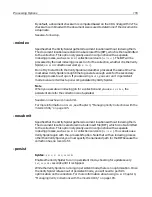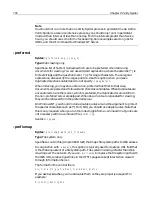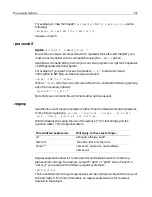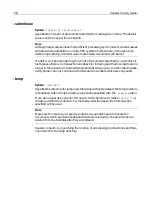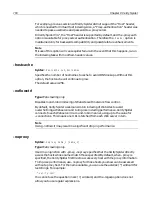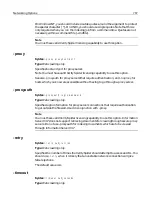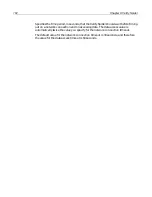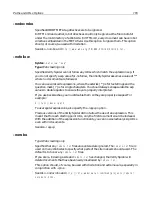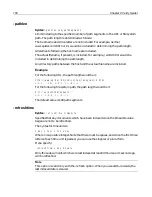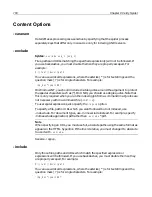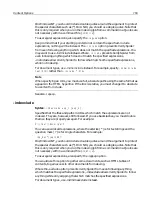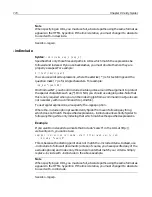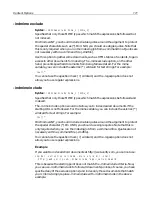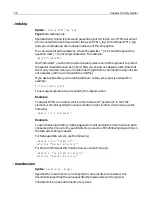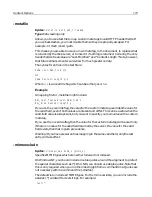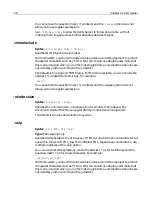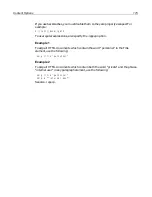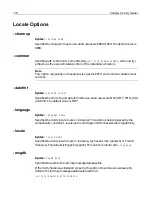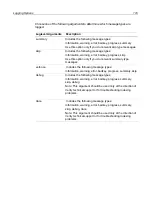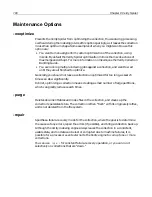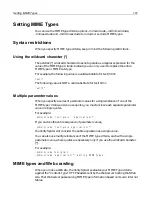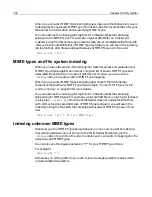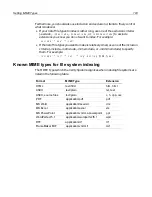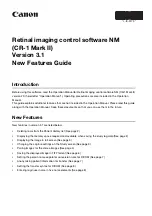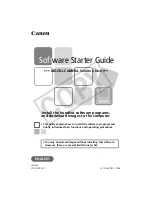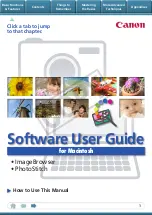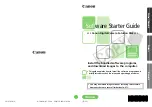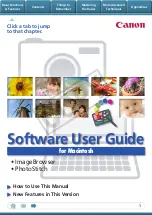
Content Options
169
On Windows NT, you should include double quotes around the argument to protect
the special characters such as (*). On UNIX, you should use single quotes. Note that
this is only required when you run the indexing job from a command line. Quotes are
not necessary within a command file (
-cmdfile
).
To use regular expressions, also specify the
-regexp
option.
Keep in mind that if your starting points do not contain the specified -include
expressions, nothing will be indexed. The
-include
option prevents Verity Spider
from even following anything which does not match the specified expressions. You
may want to use -indinclude instead. Where
-include
prevents Verity Spider from
even following anything which does not match the specified expressions,
-indinclude allows Verity Spider to follow what matches the specified expressions,
while not indexing.
For document types, use
-mimeinclude
instead. For example, specify
-mimeinclude
text/html
rather than
-include *.htm
.
Note
When specifying an URL, you must use full, absolute paths using the same format as
appears in the HTML hyperlink. If the link is relative, you must change it to absolute
to use it with -include.
See also
-regexp
.
-indexclude
Syntax
:
-indexclude exp_1 [exp_n] ...
Specifies that the files and paths in URLs which match the expressions are not
indexed. They are, however, still followed. If you use backslashes, you must double
them so they are properly escaped. For example:
C:\\test\\docs\\path
You can use wildcard expressions, where the asterisk ( * ) is for text strings and the
question mark ( ? ) is for single characters. For example:
’/my_doc*/year199?’
On Windows NT, you should include double quotes around the argument to protect
the special characters such as (*). On UNIX, you should use single quotes. Note that
this is only required when you run the indexing job from a command line. Quotes are
not necessary within a command file (
-cmdfile
).
To use regular expressions, also specify the -regexp option.
You would use this option to gather some documents, such as HTML tables of
contents, to gain access to other documents for indexing.
Where the -exclude option prevents Verity Spider from even following anything
which matches the specified expressions, -indexclude allows Verity Spider to follow
anything while only skipping that which matches the specified expressions.
For document types, use -indmimeexclude instead.
Summary of Contents for COLDFUSION 5-ADVANCED ADMINISTRATION
Page 1: ...Macromedia Incorporated Advanced ColdFusion Administration ColdFusion 5...
Page 20: ......
Page 56: ...38 Chapter 1 Advanced Data Source Management...
Page 74: ...56 Chapter 2 Administrator Tools...
Page 76: ......
Page 86: ...68 Chapter 3 ColdFusion Security...
Page 87: ...To Learn More About Security 69...
Page 88: ...70 Chapter 3 ColdFusion Security...
Page 130: ...112 Chapter 5 Configuring Advanced Security...
Page 132: ......
Page 154: ...136 Chapter 6 Configuring Verity K2 Server...
Page 162: ...144 Chapter 7 Indexing XML Documents...
Page 202: ...184 Chapter 8 Verity Spider...
Page 236: ...218 Chapter 10 Verity Troubleshooting Utilities...
Page 238: ......
Page 348: ...330 Chapter 14 ClusterCATS Utilities...
Page 349: ...Using sniff 331...
Page 350: ...332 Chapter 14 ClusterCATS Utilities...
Page 362: ...344 Chapter 15 Optimizing ClusterCATS...
Page 372: ...354 Index...

